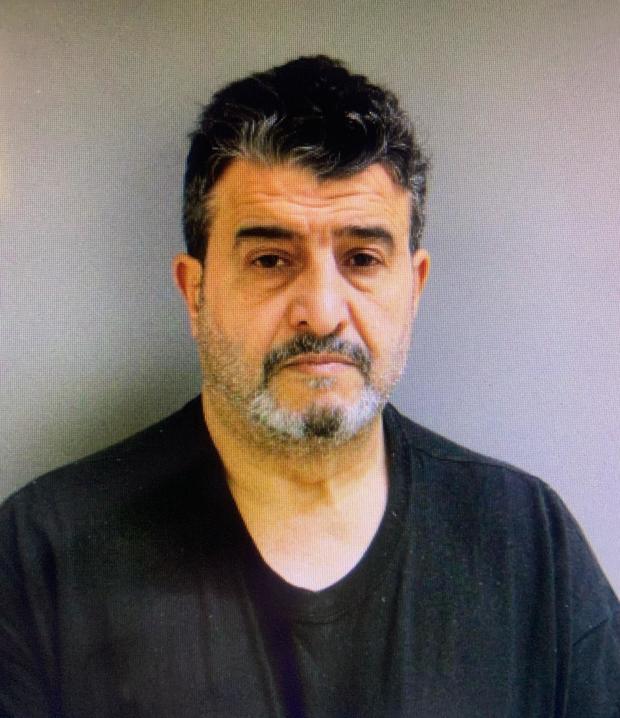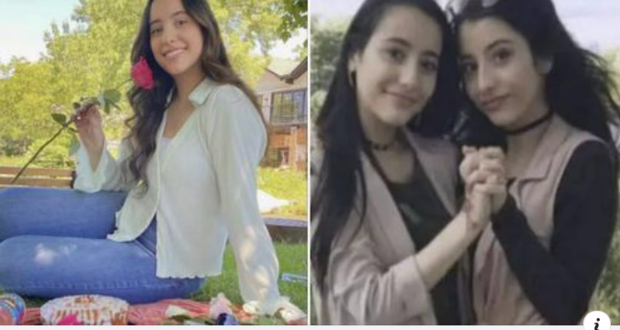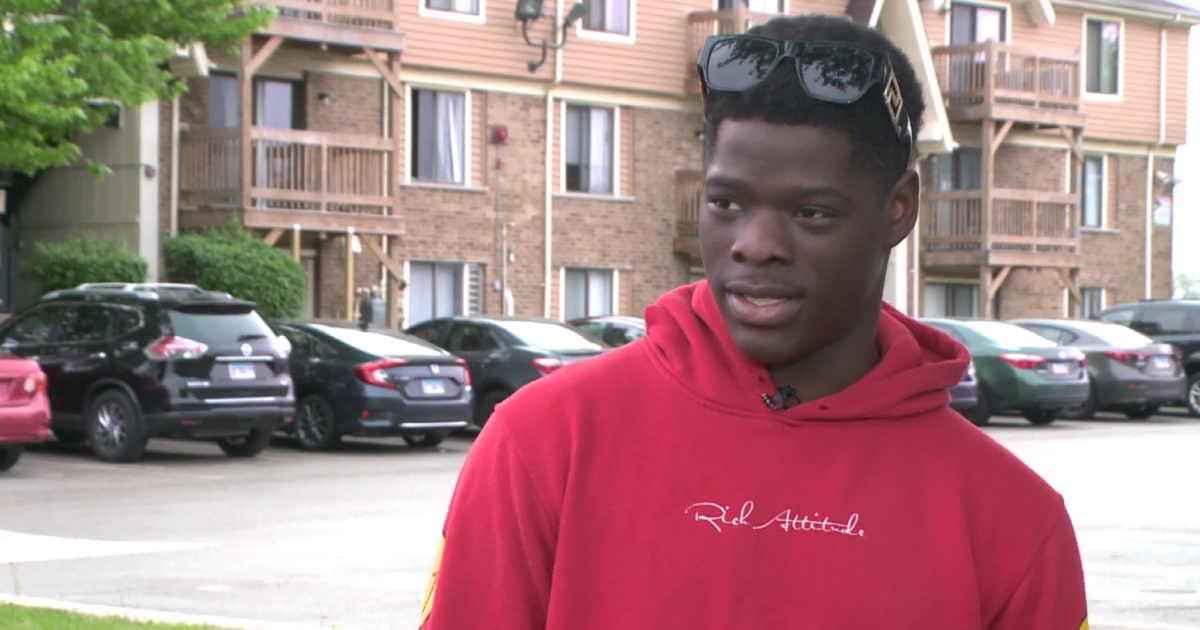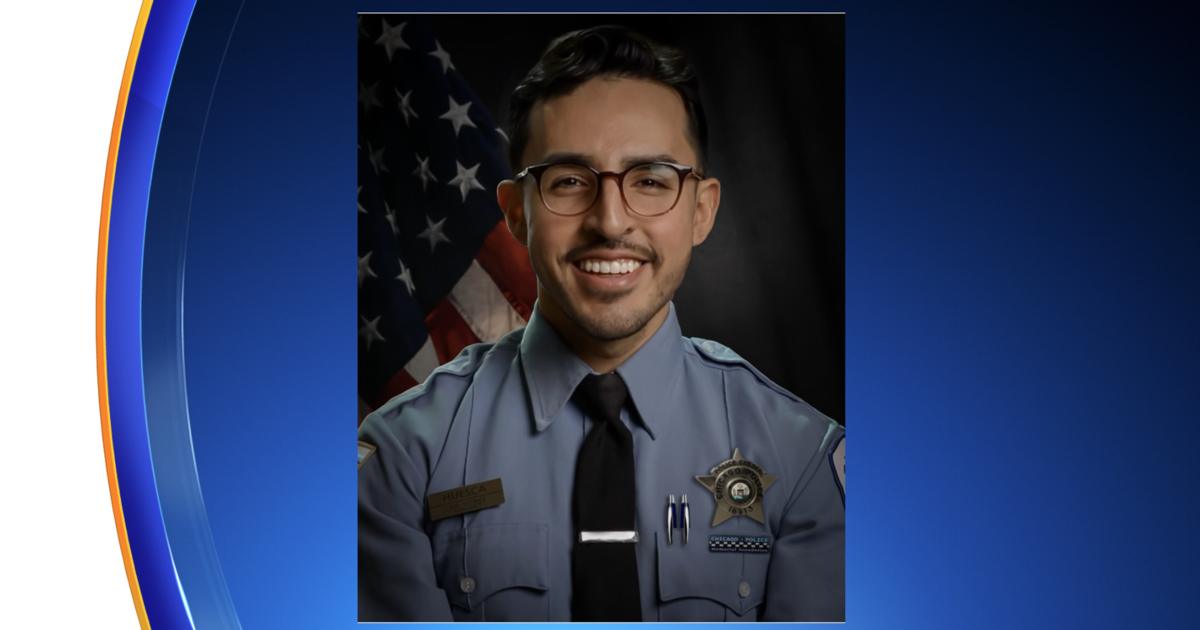Authorities release 911 call made by man accused of killing wife, daughters in Chicago suburbs
TINLEY PARK, Ill. (CBS) -- First responder calls on Friday gave us new insight into a brutal crime in the southwest suburbs – in which a father is accused of murdering his wife and three adult daughters.
Maher Kassem, 63, was charged Tuesday with four counts of first-degree murder. At his initial court appearance this week, prosecutors said a quarrel at the family's Tinley Park home led to Kassem using two guns first to shoot his wife and then, after stepping over her body, his three daughters.
The victims were identified as Majeda Kassem, 53; twins Halema Kassem, 25; and Hanan Kassem, 25; and Zahia Kassem, 24.
Police days ago said Kassem himself called 911 after the murders. Yet the 911 call revealed Kassem only told dispatchers his wife was injured – with no mention at all of the three young ladies who were his daughters.
Responding officers would later discover this was a gruesome mass shooting.
So far, Kassem is the only person to offer and explanation as to what happened at the family home in Tinley Park. Newly-released 911 calls document Kassem's demeanor after 16 shots were fired.
In the 911 call that Kassem made himself after authorities said he shot and killed his family members, he first says: "Send a police officer. We have an incident here. Someone got shot." The dispatcher then asks Kassem to confirm what he just said, and asks for his location.
The also dispatcher tries to get clarification on the severity of the wounds for the one victim she knew about. Yet the caller, identified by police as Kassem, is less than cooperative.
Dispatcher: Who got shot?
Kassem: Just send the police please.
Dispatcher: Sir, I need you to answer my question, who got shot?
Kassem: Just send the police.
Dispatcher: Sir, please answer my question, who got shot?
Kassem: My wife.
Dispatcher: Your wife? Is she conscious and breathing?
Kassem: Excuse me, send a police.
Dispatcher: Is she conscious and breathing?
The caller hangs up at that point.
The dispatcher then says to an officer on Tinley Park police radio: "I tried to ask him questions. He wasn't cooperative. He finally said that his wife was shot, and then he discontinued the line. I got fire en route. I'm going try to call back."
The dispatcher never got anyone to pick up the phone again at the Kassem home. In fact, the dispatcher did not find out about multiple people with gunshot wounds in the house until an officer arrived and found those people.
Officials said Kassem shot his wife, Majeda, seven times, and each daughter was shot twice. The Kassems' 19-year-old son was in the home but was not physically injured. The women's bodies were found in the basement.
"We have one detained, and four females down with gunshot wounds to the head - no signs of life," an officer is heard saying on police radio.
Kassem is accused of killing his family over a quarrel. Kassem indicated the fight started over the family's finances.
"And so this is intimate family violence. This is where we talk about - what's behind closed doors? No one knows but those individuals inside that home," said Itedal Shalabi, a domestic violence family advocate with Arab American Family Services.
Shalabi stresses the murders have led to misconceptions.
"This is not about faith," said Shalabi. This is not about culture."
When police on the scene asked Kassem where his family was, prosecutors said, "The defendant pointed in the direction of the basement. The officer asked the defendant who else was there, and the defendant stated, 'They're gone.'"
Police recovered two guns at the scene.
Prosecutors said Kassem appeared to be disgruntled over how he was treated at home.
"The defendant was recorded volunteering things about having just retired, and that 'She treats me like a [expletive] dog," said Cook County Assistant State's Attorney Scott Clark. "'I worked 40 years.' and 'I worked all my life to give my family a better home, and they treat me like [expletive].'"
A family member of Majeda Kassem said there was constant verbal abuse going on in the home - adding that Kassem's wife contemplated leaving, but stayed for the sake of her children.
Police said they had no previous calls to the house prior to the murders.






